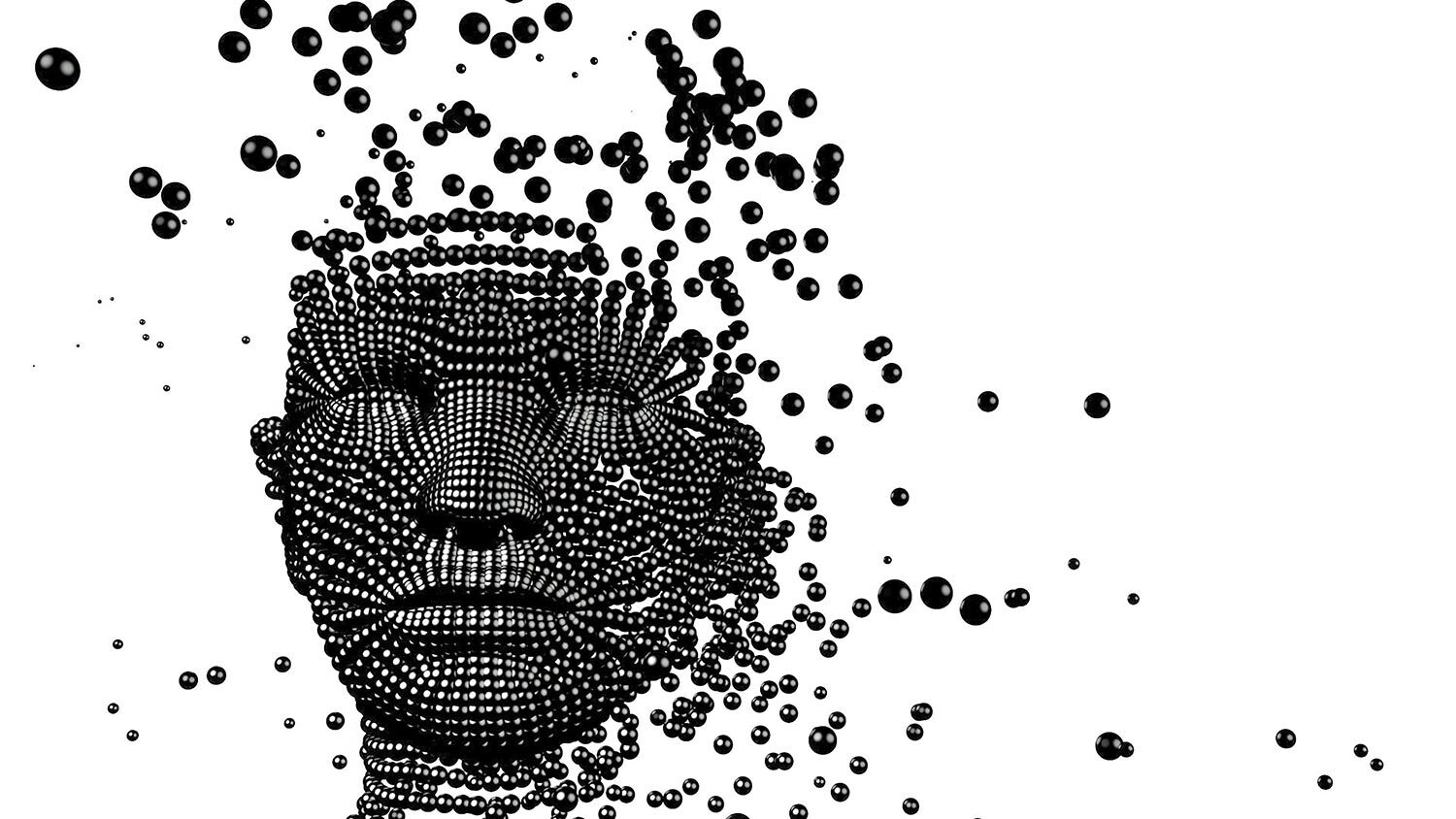Why Identity and Emotion Are Central to Motivating the Teen Brain

For years, common experience and studies have prescribed that humans learn best in their earliest years of life – when the brain is developing at its fastest. Recently, though, research has suggested that the period of optimal learning extends well into adolescence.
The flurry of new findings may force a total rethinking of how educators and parents nurture this vulnerable age group, turning moments of frustration into previously unseen opportunities for learning and academic excitement.
New evidence shows that the window for formative brain development continues into the onset of puberty, between ages 9 and 13, and likely through the teenage years, according to Ronald Dahl, professor of community health and human development at the University of California, Berkeley. Dahl spoke at a recent Education Writers Association seminar on motivation and engagement.
By: Emmeline Zhao
Transcend supports communities to create and spread extraordinary learning for all.

